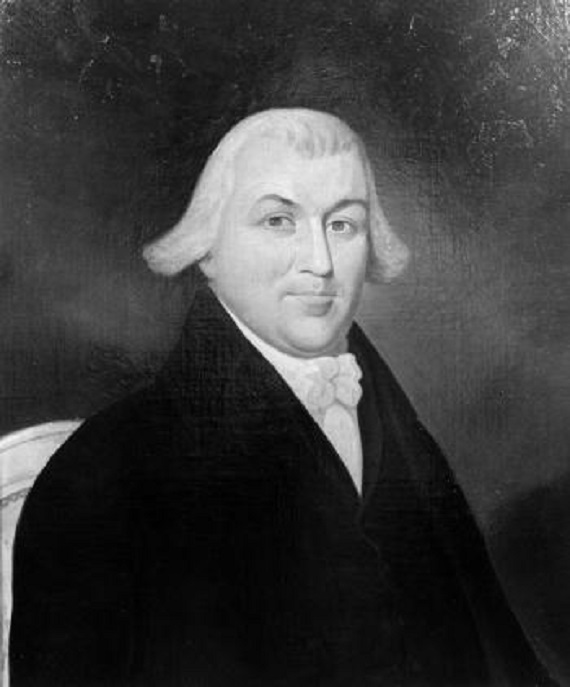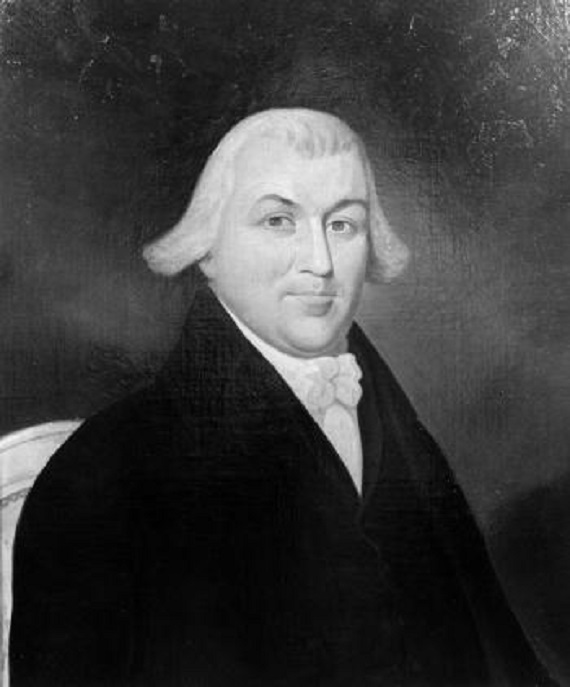On November 21, 1793, the Georgia House of Representatives passed a bill titled “An Act declaratory of certain parts of the retained sovereignty of the State of Georgia.” It’s unclear as to whether or not the Georgia Senate concurred. The bill was in response to the Chisholm v. Georgia [2 U.S. 419 (1793)], the case resulting in the ratification of the 11th Amendment. The case was originally scheduled to be decided in 1792, but the Supreme Court postponed proceedings in order to provide Georgia with time to prepare its arguments.
In its response to the postponement, Georgia responded “if acquiesced in by this State would . . . perplex the citizens of Georgia with perpetual taxes . . . but would effectually destroy the retained sovereignty of the States, and would actually tend in its operation to annihilate the very shadow of State government, and render them but tributary corporations to the government of the United States.” In short, Georgia refused to participate in the proceedings and declared that Georgia “would not be bound by the decision of the Supreme Court.” The court decided for the plaintiff, hence the 1793 declaratory act.
When Georgia stated that it “would not be bound by the decision” it meant business. The declaratory act states, in part,
That any Federal Marshal, or any other person or persons levying , or attempting to levy, on the territory of this State, or any part thereof, or on the Treasury, or any other property belonging to said State, or on the property of the Governor or Attorney General, or any of the people thereof, under or by virtue of any execution or other compulsory process issuing out of or by the authority of the Supreme Court of the United States . . . are hereby guilty of a felony, and shall suffer death, without the benefit of clergy (i.e., no clemency), by being hanged.
The 11th Amendment defused the mounting tensions. Nevertheless, it’s worth pondering how things would have played out had federal marshals been deployed to enforce court orders. A few federal marshals/bureaucrats twisting in the wind would have provided meaningful substance to the phrase “don’t tread on me” and State sovereignty during a crucial period of the Republic’s development. If Georgia had been tested in 1793, there were men in charge to push back the assault on its sovereignty. This would have established an early precedent for the Supreme Court to take into account. Think about that this June when the Supreme Court dictates to the States to rewrite their marriage laws. If anyone is to be hanged, metaphorically speaking, it will be those resisting the usurpers. As pitiful as it may sound, the States would either stand idly by or, worse yet, provide the rope.







